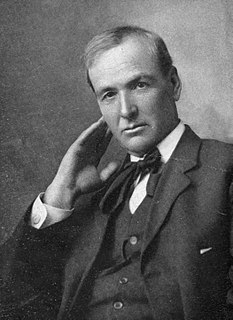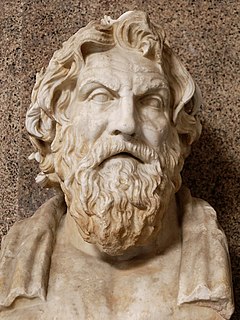A Quote by E. W. Howe
Loving everybody is polygamy. I care for no friend who loves his enemy equally well.
Related Quotes
The most powerful drive in the ascent of man is his pleasure in his own skill. He loves to do what he does well and, having done it well, he loves to do it better. You see it in his science. You see it in the magnificence with which he carves and builds, the loving care, the gaiety, the effrontery. The monuments are supposed to commemorate kings and religions, heroes, dogmas, but in the end the man they commemorate is the builder.
The writer is a spiritual anarchist, as in the depth of his soul every man is. He is discontented with everything and everybody. The writer is everybody's best friend and only true enemy-the good and great enemy. He neither walks with the multitude nor cheers with them. The writer who is a writer is a rebel who never stops
Friend, my enemy, I call you out. You, you, you there with a bad thorn in your side. You there, my friend, with a winning air. Who pawned the lie on me when he looked brassly at my shyest secret. With my whole heart under your hammer. That though I loved him for his faults as much as for his good. My friend were an enemy upon stilts with his head in a cunning cloud. -Dylan Thomas
God, Who is by nature good and dispassionate, loves all men equally as His handiwork. But He glorifies the virtuous man because in his will he is united to God. At the same time, in His goodness he is merciful to the sinner and by chastising him in this life brings him back to the path of virtue. Similarly, a man of good and dispassionate judgment also loves all men equally. He loves the virtuous man because of his nature and the probity of his intention; and he loves the sinner, too, because of his nature and because in his compassion he pities him for foolishly stumbling in darkness.
That's more than three questions, Max. And sometimes whether someone is your friend or enemy is all in how you look at it. But if you must know, I consider myself your friend, a good friend who loves you very much. No one loves you more than I do, Maximum. Now listen. I ask the questions, not you. You're just here... for the ride. For the incredible, indescribable Maximum Ride.
How so? Briefly, apart from the gospel and outside of Christ, the law is my enemy and condemns me. Why? Because God is my enemy and condemns me. But with the gospel and in Christ, united to him by faith, the law is no longer my enemy but my friend. Why? Because now God is no longer my enemy but my friend, and the law, his will—the law in its moral core, as reflective of his character and of concerns eternally inherent in his own person and so of what pleases him—is now my friendly guide for life in fellowship with God.
The safe and general antidote against sorrow is employment. It is commonly observed, that among soldiers and seamen, though there is much kindness, there is little grief; they see their friend fall without any of that lamentation which is indulged in security and idleness, because they have no leisure to spare from the care of themselves; and whoever shall keep his thoughts equally busy will find himself equally unaffected with irretrievable losses.
Blessed is the servant who loves his brother as much when he is sick and useless as when he is well and an be of service to him. And blessed is he who loves his brother as well when he is afar off as when he is by his side, and who would say nothing behind his back he might not, in love, say before his face.





































